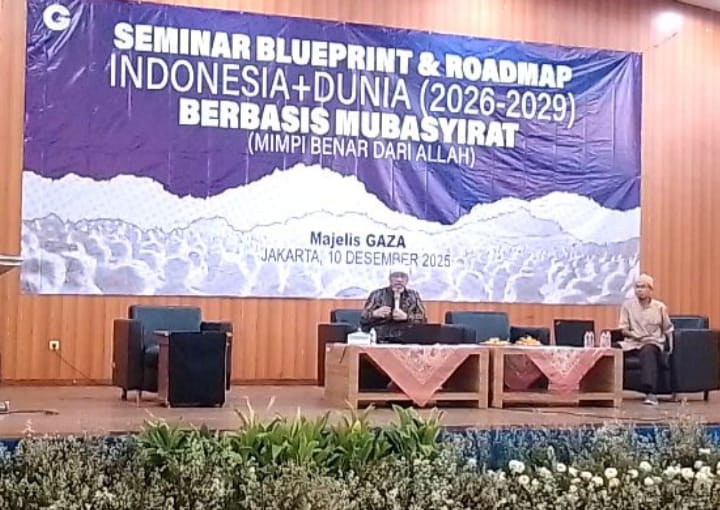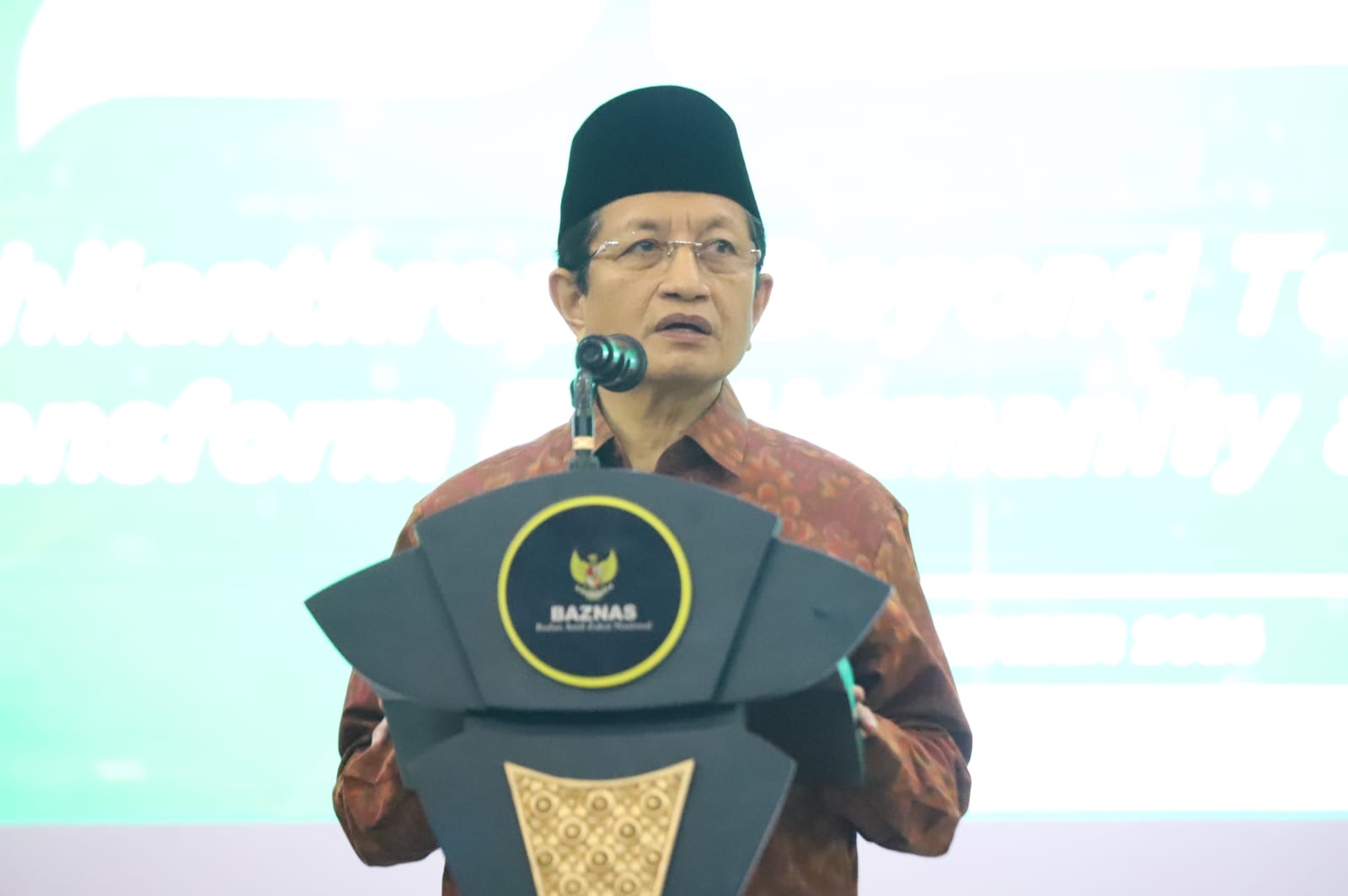Saudi Ministry of Hajj prepares new draft law for domestic pilgrims

Jakarta (Indonesia Window) – The Saudi Ministry of Hajj and Umrah has completed preparation of a new draft law governing the affairs of domestic Hajj pilgrims, Okaz/Saudi Gazette has learnt from well-informed sources.
According to the provisions of the law, a maximum fine amounting to 500,000 riyal Saudi (some 133,175 U.S. dollars) will be slapped on violators of the regulations.
The draft law prohibits the service provider from concluding hajj service contract with those wishing to perform hajj from outside the Kingdom or providing service to them without the approval of the ministry.
The law, which consists of 23 articles, aims to organize and structure the services provided to domestic pilgrims as well as to work to develop them so as to enable the pilgrims to perform their rituals in ease and comfort.
It also targets to improve the level of competencies of those who engaged in serving domestic pilgrims, as well as to follow up the performance of service providers and enhance the principle of competition in extending the best possible services in accordance with the approved mechanisms.
The articles stipulate that there must be license to engage in serving domestic pilgrims and the practice of the service providers shall be on a competitive basis.
According to the law, it is compulsory for the service provider to conclude a contract through the platform approved by the ministry, and the contract must include details such as standard levels of service; duration of time for the provision of service; prices for each level; services provided under each service level; service provider data, and the contracting mechanism between pilgrims and the service provider.
The service provider shall render the level of services agreed upon with the pilgrim and that is in accordance with the qualitative and quantitative classifications approved by the ministry.
According to the ministry, the executive regulations of the law will specify details such as the mechanism to give exemption to the service provider from contracting through the electronic platform and the conditions required for it.
The violations of the law include enabling others to use the license granted to one service provider or to sell, rent or subcontract it without obtaining the approval of the ministry or contracting with any pilgrim from outside the platform.
There are some exemptions for this and these include the cases and the mechanism specified by the executive regulations as stated in paragraph 2 of article 6 and contracting with violators of the residency permit (iqama) law.
Reporting by Indonesia Window

.jpg)








